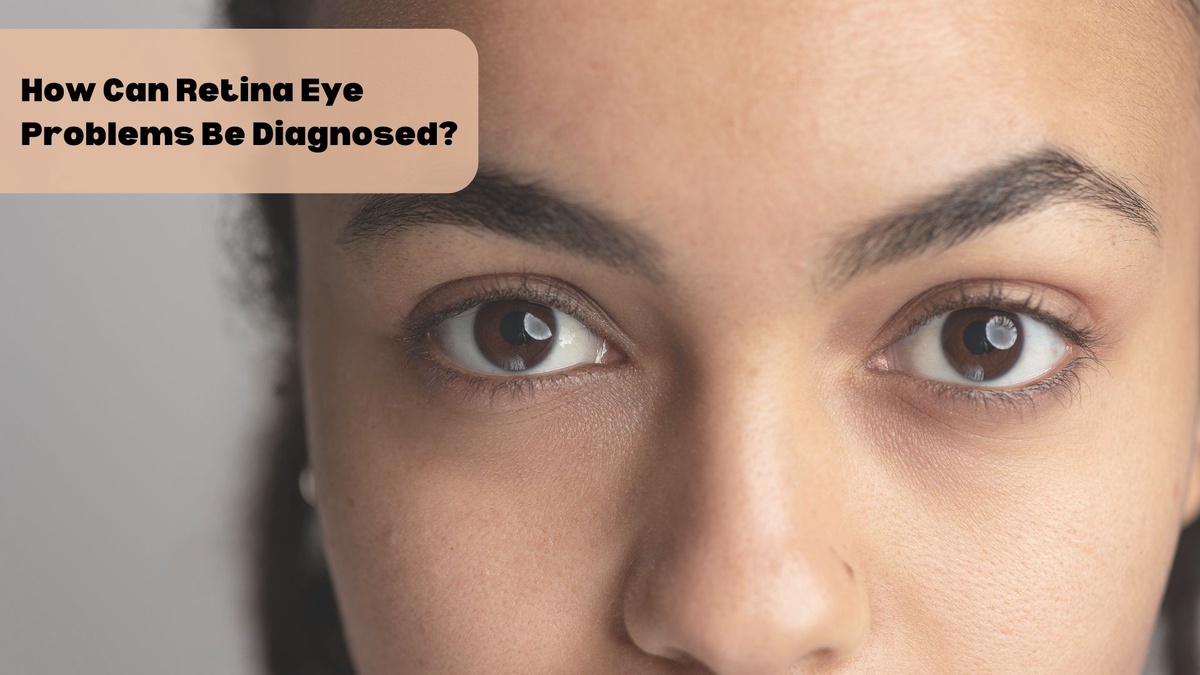Introduction:
Retina eye problems can range from common conditions like age-related macular degeneration to more serious issues such as diabetic retinopathy or retinal detachment. Early diagnosis and treatment are crucial for preserving vision and preventing complications. Here are some common methods used by eye care professionals to diagnose retina eye problems:
Visual Acuity Test:
- A visual acuity test, often performed using a Snellen chart, assesses how well you can see at various distances. This test helps identify any significant changes in vision that may indicate retina-related issues.
Dilated Eye Examination:
- During a dilated eye examination, eye drops are used to widen (dilate) the pupils, allowing the eye care professional to get a better view of the retina and other structures at the back of the eye. This comprehensive exam helps detect abnormalities such as retinal tears, macular degeneration, or diabetic retinopathy.
Retinal Imaging:
- Retinal imaging techniques, such as fundus photography, optical coherence tomography (OCT), or fluorescein angiography, provide detailed images of the retina, allowing best eye specialist in Coimbatore to evaluate its structure and detect any abnormalities, including swelling, leakage, or changes in blood flow.
Tonometry:
- The intraocular pressure, or eye pressure, is measured by tonometry. Elevated intraocular pressure can be a risk factor for glaucoma, a condition that can damage the optic nerve and affect the retina. Tonometry helps screen for glaucoma and monitor its progression.
Visual Field Test:
- A visual field test assesses your peripheral (side) vision. This test is particularly useful for detecting conditions like retinal detachment or glaucoma, which can cause peripheral vision loss. During the test, you'll be asked to identify lights or shapes that appear in your field of vision while focusing on a central target.
Genetic Testing:
- In cases of inherited retinal diseases or genetic predisposition to certain eye conditions, genetic testing may be recommended. Genetic testing can help identify specific gene mutations associated with retinal disorders, allowing for early detection, genetic counseling, and personalized treatment strategies.
Electroretinography (ERG):
- The electrical reactions of the retina to light stimulation are measured by electroretinography. This test evaluates the function of the retinal cells (rods and cones) and the overall health of the retina, helping diagnose conditions such as retinitis pigmentosa or other inherited retinal disorders.
Conclusion:
Early diagnosis of retina eye problems is essential for preserving vision and preventing vision loss. By undergoing regular comprehensive eye examinations and appropriate diagnostic tests, individuals can ensure timely detection and management of retinal conditions, leading to better outcomes and improved quality of life. If you experience any changes in vision or have concerns about your eye health, consult an Best Eye Hospital In Coimbatore promptly for evaluation and personalized care.


No comments yet